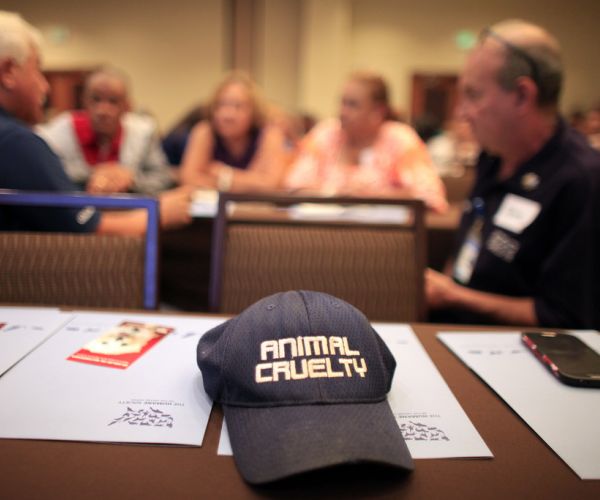Sharpen your skills or get involved in programs that can help to reunite lost pets with their families, decrease euthanasia, manage community cat populations and more.
Law Enforcement Training Center
Humane World for Animals' Law Enforcement Training Center provides free trainings to thousands of law enforcement officers and prosecutors across the country each year. Trainers are current or former law enforcement and leading experts in the field of animal crimes.
-

Managing community cats
“Community cats” is the catch-all term the animal welfare community uses for those feral and stray cats living outdoors in our communities. These cats are generally considered unowned or to have a loose affiliation with one or more people who care for them -- approximately 10% of the American public feed outdoor cats who they don’t consider their own pets. It is unclear how many community cats exist in the U.S., but we estimate there may be 30–40 million of them.
-
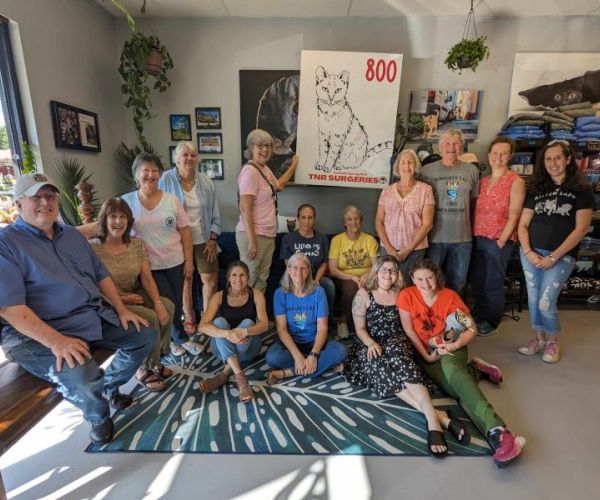
Shelter Mentorship program
The Shelter Mentorship program provides resources and expertise to shelters that are committed to addressing some of the most common challenges in animal welfare. Through grant funding, training and policy engagement, the program partners with selected shelters on one of three topics: community cats, pet-inclusive housing and wildlife conflict mitigation. -
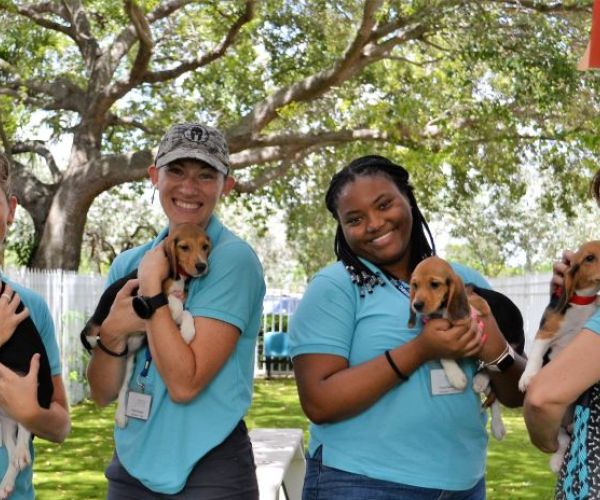
Shelter and Rescue Partners application
The Humane World Shelter and Rescue Partners program ;is not only about the placement of victims from cruelty and neglect, it's about partnership. Our partners oftentimes respond with us on the ground during large scale cruelty cases and disasters, work on community level issues and stay up to date on state and federal level initiatives. All of this is optional, of course! Becoming a partner does not mean that you have to take animals or participate in cases, it means that you have the option.
-
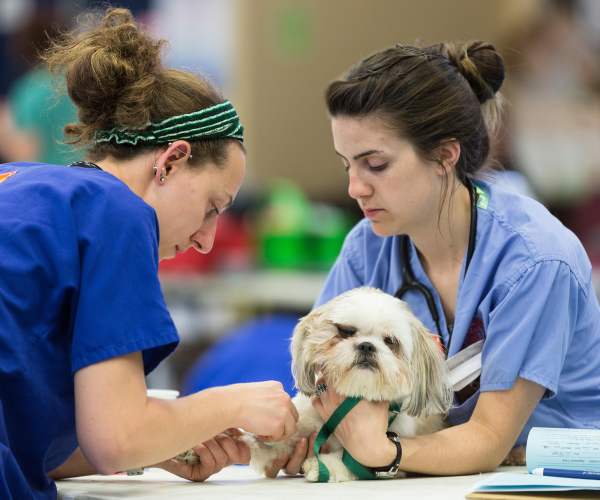
Rural Area Veterinary Services
Rural Area Veterinary Services (RAVS) supports the health and wellbeing of animals, families and communities impacted by systemic poverty and geographic isolation. Our programs provide essential veterinary services and build professional capacity to reduce barriers to animal health resources and expand equitable access to veterinary care. -
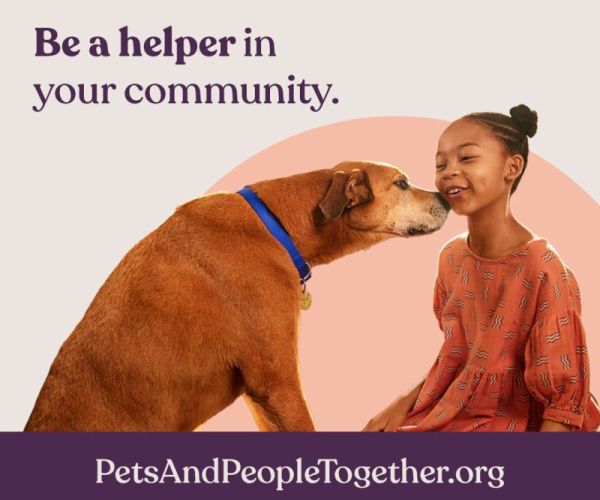
Pets and People Together
A partnership between the Humane Society of the United States, Maddie’s Fund and the Ad Council, Pets and People Together is a national public service announcement campaign seeking to inspire caring individuals to #BeAHelper and directly help pets and their people in their communities. Our PSAs raise awareness of how simple actions, like donating pet food to a pantry, or more involved ones, such as temporarily fostering the pet of a friend or neighbor, can make it possible for pets to remain with their people during times of need.
